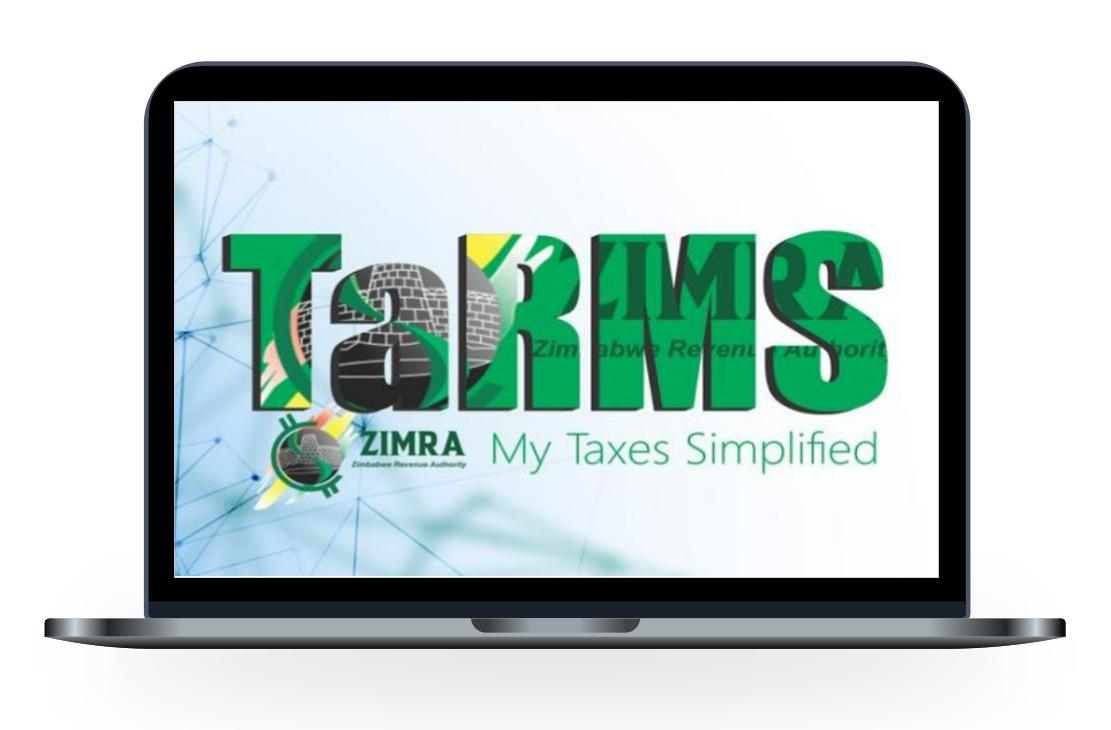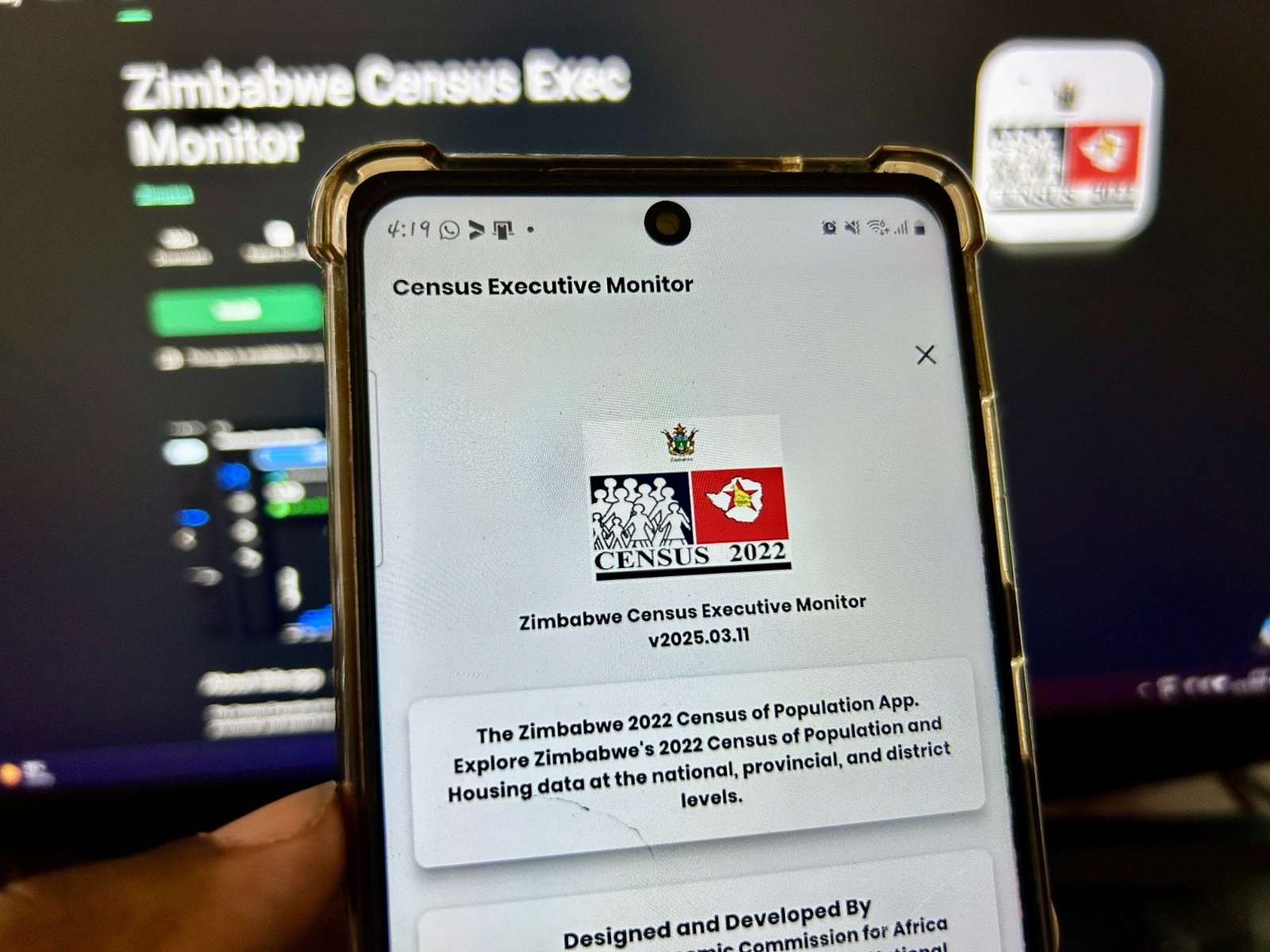We have always known that ICT has many positive impacts in various spheres of life, we therefore ask the question will it greatly improve African politics. A recent interview on ICT Africa between Nyaradzo Mafolo (a media expert for ICT Africa) and Dr. Jabulani Dhliwayo (an expert in fibre optics and a freedom fighter in Zimbabwe African National Liberation Army (ZANLA) during the liberation war) has opened a wider perspective on the impact of ICT on African politics.
Can ICT improve the voting process?
Voting is one area that ICT has a direct impact on, and it is also an area that is crucially important in politics. African elections have been disputed many times before by allegations of election rigging. Can we therefore use electronic voting to counter this problem? E-voting improves the voting and counting processes. For instance polling stations don’t run out of paper during voting because there are none used. A computer takes milliseconds to count all the votes and tabulate them. However, even with these advantages, e-voting is not immune to hacks and viruses. There are hackers out there who can hack into any system regardless of how “secure” the system is said to be. So is e-voting the absolute answer to the rigging allegations issue, maybe not.
Voter registration
The use of biometric registration has been mentioned a number of times in Zimbabwe. According to Dr. Dhliwayo biometric registration will improve the quality of voter’s roll. One way it does this is by avoiding “zombie voting”. This is where a person votes using the name of a dead person which is still in the voter’s roll. Currently the name of a person who dies is not automatically removed from the voters roll.
Explaining Biometrics: Biometrics is basically a science that identifies a person using some biological feature. Examples of such features are fingerprints, palm print, eye iris and voice. The use of Biometric during registration uses fingerprints and takes very little time to register a voter. The Zimbabwean government has already called for the use of this technology in the 2018 elections. This follows the constraints posed by the current registration system, it simply takes too long. Ghana and Zambia are some the African countries that have adopted Biometrics for voter registration. While Sierra Leone successfully implemented the system during their 2012 elections.
But what are the risks associated with Biometric voting?
While the use of biometrics has great advantages these systems are still not foolproof. Biometric systems convert analog information (fingerprint pattern) into digital information (0s and 1s) that computers can store and read. Though it is difficult, digital data captured from biometrics systems can still be sniffed along the wires of insecure networks and replayed for malicious access (voting). So YES, biometrics speed up the registration process AND is better than the current registration process use, BUT it still is NOT foolproof.
Can the use of ICT lead to a political change?
To this question Dr Dhliwayo’s answer was “YES”. He mentioned how the Arab spring in Tunisia was helped by social media. People were rallied to join a demonstration against the government via Facebook and Twitter. Public information shared through social networking websites play an important role in modern day politics, and in activism. One Facebook page where Zimbabwean politics is greatly talked about is Baba Jukwa. Though the Facebook page is quite controversial it still does pose a great political influence.
This is not an exhaustive discussion, we would like to hear from our readers what you think as regards the impact of ICT on African politics, and how ICT can be used to improve Zimbabwean politics.
If you would like to watch the full interview on ICT Africa, clear here.















Comments
One response
ICT comes with such advantages as efficiency etc.But the problem of African politics is not of efficiency but to a large extent it is of integrity.As long as African governments lack integrity they are the first hackers of any ICT system .It is therefore important not to live out the need for good governance generally in African politics .In Zimbabwe for example ,it is argued that the voters role was manipulated by a hired ICT company to give predictable results.However there are many other areas where ICT can really bring some improvement.The use of sms to report cases of violence in Kenya (The Ushihid) meant that violence was quickly detected and action taken quickly thus averting wide spread violence.This was the same case with the websites zimelections2013 and zimvoices.com in Zimbabwe were voting information was publicized in near real time.The twitter accounts such and @263chat and @zimvoices14 are linking ordinary Zimbabweans with politicians.